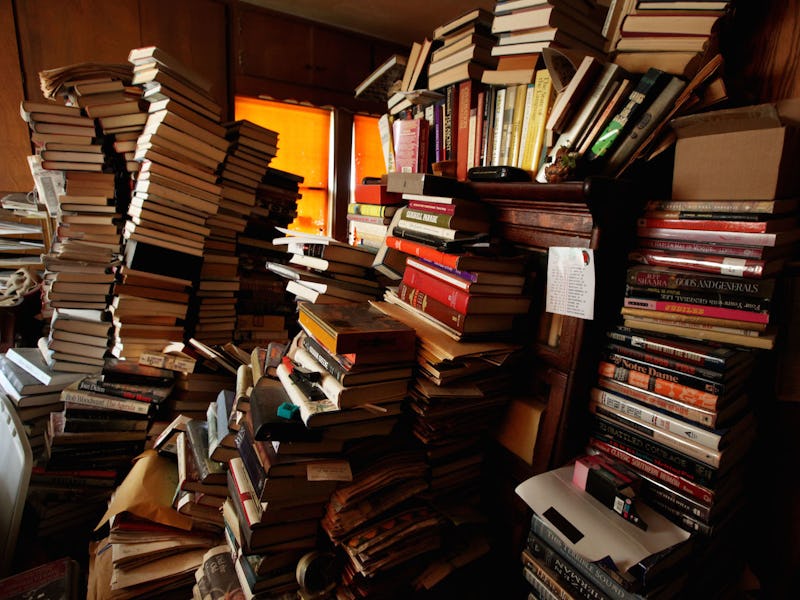
Admit it, for its cinematic greatness, the ink-and-pulp version of The Godfather sucks. The characters are thinly drawn, the narrative meanders, and dramatic tension is, often times, purely manufactured. Yet that didn’t stop Francis Ford Coppola from adapting Mario Puzo’s middling novel into a legendary Oscar-winning trilogy. The films, not the book, became the more richly imagined incarnation.
Not all books are better than the movie. Shit books often yield shit movies and franchises (I’m looking at you, Christian Grey), and great books regularly fizzle on celluloid. Occasionally, however, a novel many describe as mediocre-to-terrible becomes magic at the cinema.
The Godfather
The Godfather, for example. Dick Schaap’s 1969 review of Mario Puzo’s novel in The New York Times is less than glowing. Schaap points to moments when “Puzo reaches out to drag in dramatic scenes that advance neither his plot nor his characters.” He also uses descriptors like “corniness” and “over dramatization” in his summation of Puzo’s soggy saga. Despite the fact that Puzo’s novel was met with collective shrugs, his teaming with Francis Ford Coppola to pen the screenplay for the 1972 film adaptation produced a landmark in cinematic achievement.
Coppola’s film is widely regarded as a masterpiece, one of Roger Ebert’s “Great Movies,” nabbing three Academy Awards, including Best Picture, and spawning two sequels that were equally as big players on Oscar night. But The Godfather isn’t the only film to best its source material.
Jaws
Peter Benchley’s 1974 novel is routinely met with the same tepid responses as Puzo’s Godfather. One review argues the book “quickly devolves into irritatingly familiar soap opera dynamics and melodramatic narrative set pieces.” Then Steven Spielberg happened. His 1975 classic overwhelmed the novel’s weak legacy. Spielberg’s film differs greatly from the novel, so much so that Benchley was kicked off set for disagreeing with the adaptation’s direction. Thankfully, his protests fell on deaf ears.
Children of Men
One of the most captivating science-fiction films of the 2000s was sourced from a largely forgotten P.D. James novel. The mystery writer’s departure from her typical genre was decent, but seemingly nothing worth remembering. A review in The Independent called the book “flawed but fascinating,” and a review in The New York Times concluded that the story is uneven and slow to get going.
Not the case with Alfonso Cuaron’s 2006 film starring Clive Owen and Julianne Moore. With a Rotten Tomatoes score of 92%, Cuaron’s film is a taut blend of hope and despair. Roger Ebert called the world of the film “palpable” and “utterly convincing” in his four-star review.
The Silence of The Lambs
Nothing against Thomas Harris’s bestselling novel, but beside Jonathan Demme’s near-perfect masterpiece, the book is remembered as little more than a throwaway airport novel, best read on the beach after you get tired of Jaws. Meanwhile, the film stands as the last to win all of the “big five” statues: Picture, Actor, Actress, Director, Screenplay.
A handful of middling books became special films. The Bourne Identity and even A Clockwork Orange may belong on this list. But it’s oddly exclusive. The best format for most movies isn’t Blu-ray or HD — typically, it’s paperback.